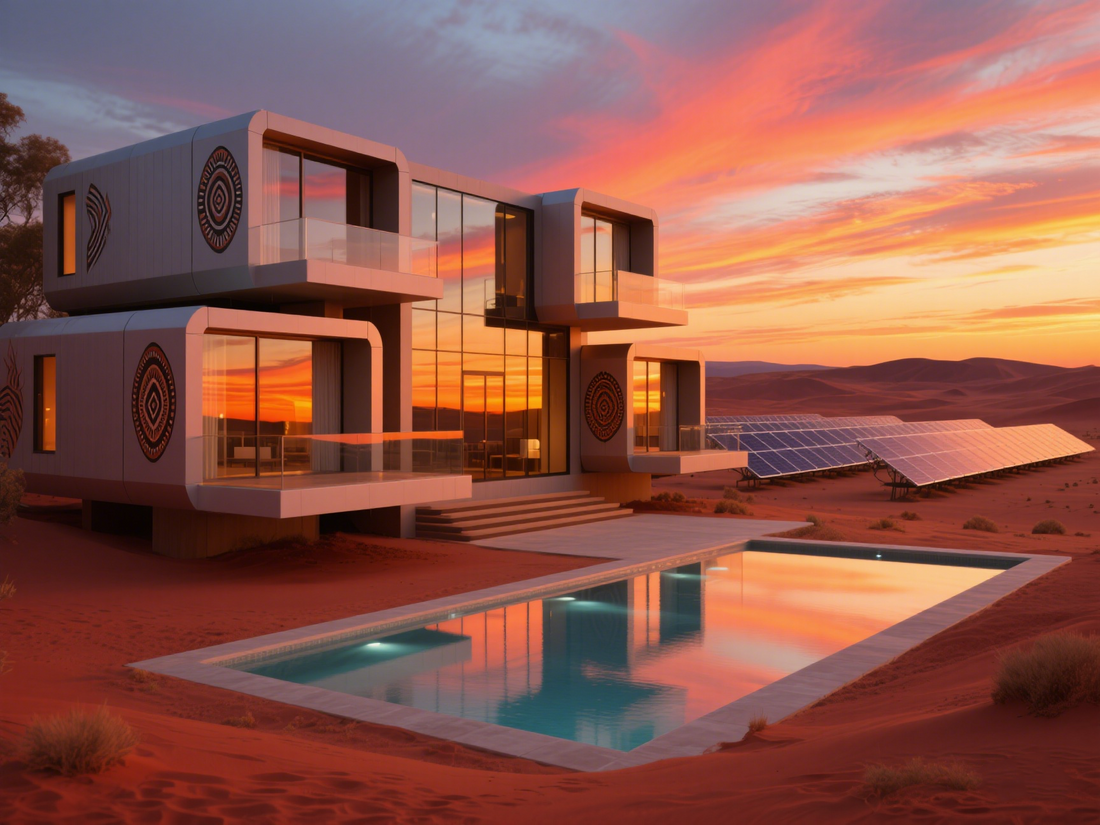
Application prospects and development opportunities of modular hotels in the Australian market
Let us explore the development potential and application scenarios of modular hotels in this unique land of Australia. As the Australian tourism industry continues to recover, modular construction technology is bringing revolutionary changes to the local hotel industry.
1、Market drivers and policy environment
At present, the Australian tourism industry has recovered to 98% of the passenger flow level before the epidemic. This recovery momentum has created huge demand for the hotel industry. However, traditional hotel construction faces challenges such as labor shortage and long construction period-there is currently a shortage of 38,000 skilled workers in the Australian construction industry, which makes the advantages of modular hotels more prominent. State governments have also introduced support policies: New South Wales has opened a fast-track approval channel for ecotourism projects, Queensland has updated hurricane-resistant building codes, Victoria has introduced incentives for urban infill projects, and Western Australia has launched a mining camp transformation plan. These policies have created a favorable environment for the development of modular hotels.
2、Diversified application scenarios
In the vast land of Australia, modular hotels have shown amazing adaptability. The Great Barrier Reef Eco-Pod project completed the deployment of 40 modular units in just 12 weeks. These solar-powered eco-pods not only provide accommodation, but also integrate coral reef research facilities, achieving a high occupancy rate of 92% throughout the year. In inland areas, modular solutions shorten the traditional 18-24 month construction period to 12-16 weeks, while saving about A$180,000 in long-distance logistics costs. Vertically stacked modular hotels have appeared in urban centers. The 8-story modular tower in Melbourne CBD and the floating hotel cluster in Sydney Harbor have created high-quality accommodation experiences in limited urban spaces.
3、Technological innovation and sustainable development
The success of modular hotels is inseparable from the support of cutting-edge technology. The smart skin system integrates self-cleaning surfaces and embedded photovoltaic power generation, bringing energy efficiency to a new level. The advanced water recycling system achieves a 95% water recovery rate, which is particularly important in Australia, where droughts are frequent. It is particularly worth mentioning that the ceramic cladding technology developed specifically for Australian bushfires can withstand high temperatures of 1,200 degrees Celsius, greatly improving building safety. These technological innovations not only solve Australia's unique environmental challenges, but also push sustainable tourism to new heights.
4、Digital experience and future prospects
Modular hotels are redefining the guest experience. From mobile key check-in to AI concierge service, from personalized climate zones to augmented reality room guides, digital services run through the entire accommodation process. Automatic inventory systems and intelligent feedback robots optimize operational efficiency. Looking ahead to 2030, the modular hotel market size is expected to grow from A$1.2 billion in 2025 to A$2.8 billion, creating 14,000 regional manufacturing jobs while reducing 65% of construction waste. Emerging models such as "plug and play" franchising, Aboriginal cultural experience centers and rapid deployment of disaster relief units will further enrich the industry ecosystem.
Modular construction technology is helping the Australian hotel industry break through traditional limitations and meet diverse needs in a more flexible and sustainable way. With the continuous advancement of technology and the continuous expansion of application scenarios, modular hotels will surely become an indispensable and important part of Australia's tourism industry, providing tourists with a unique Australian experience.
